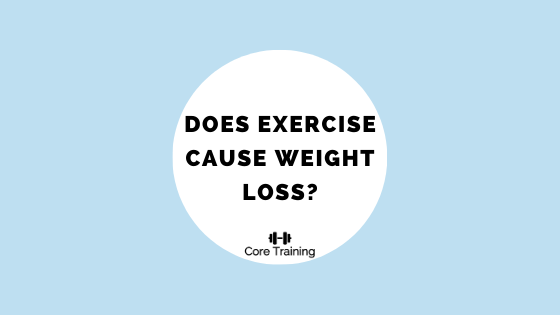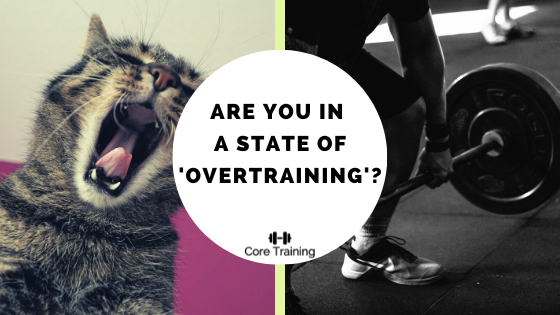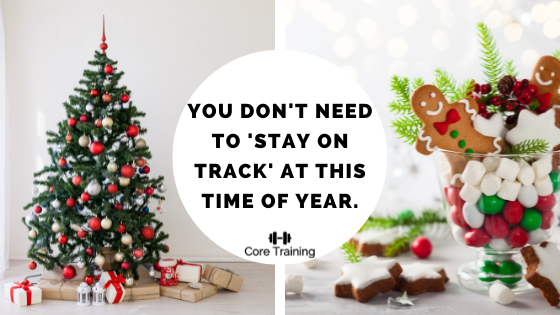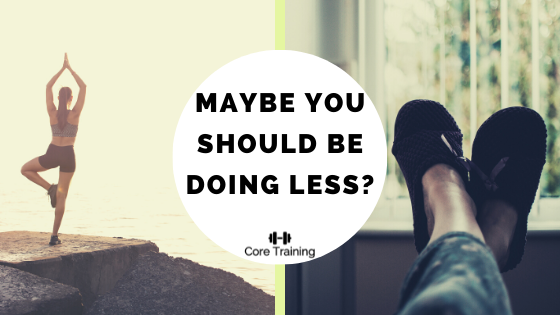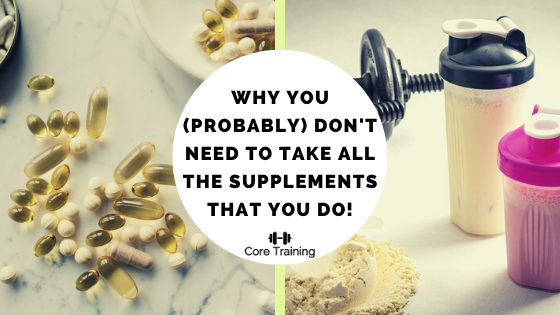Does Exercise Cause Weight Loss?
This is perhaps one of the most common (and enduring) misconceptions in the health and fitness industry - the idea that exercise is all you need to do in order to lose weight. That’s not to say that exercise can’t be an important part of a weight loss goal, nor that it doesn’t contribute at all. However, exercise is rarely the main driver of weight loss, and nor do I recommend anyone take up exercise with the sole purpose being to lose weight.
Take a break from dieting!
Recently I have become a bit more “anti-diet” - not because I am against people aiming for intentional weight loss - but because there is often not enough of a thought process when someone starts dieting. There is never an end date and, more importantly, many people are spending most of their year “trying” to diet which leads to feeling like they are on a diet year after year with very little deliberate time off. They end up feeling like they are dieting all the time, whether or not they are actually in a calorie deficit or not.
When do we stop letting external factors dictate how we eat or move?
I am (rapidly) approaching my 30th birthday, and as we all do when we are reaching a new decade, I’m reflecting on the previous one. From each of my first 3 decades I have nothing but fantastic memories, but like most of us, I have been guilty of some pretty poor health choices in my 30 years on this planet. Every year that's gone by, I get more and more comfortable with who I am, and I realise how easy it was to allow external factors dictate how I feel about myself.
Are Diet Drinks Unhealthy?
One of the most controversial topics of the last 20 (and possibly longer) years in the health and nutrition world is that of artificial sweeteners – the key ingredient in diet, or ‘zero calorie’ drinks. Despite being approved by regulatory bodies, and studied rigorously for many years, there is still an ongoing debate as to whether they are good or bad for our health. So, are diet drinks, and by extension artificial sweeteners, good for us or not?
Are you in a state of 'Overtraining'?
When it comes to exercise and fitness programs, often the most overlooked aspect is not the exercise or training itself, but actually the recovery from said training. It’s common, and a normal inclination for many people, to try and push as hard as possible and go ‘all out’ when they start a new program or regime. However, while this may bring very quick results in the immediate term, it can actually set you back in the medium to long term to go ‘too hard’ for an extended period of time. Today, I want you to go away from this blog reflecting on whether or not your training and recovery is well-balanced, or if you may be in a state of ‘overtraining’.
Can I still make progress if I can't get 10,000 steps in per day?
The simple answer to this question is: yes. Of course it is possible to make progress with your fitness even if you don’t get 10,000 steps in per day. However, it is important to add some context, and expand upon this answer further…
Is it possible to spot-reduce body fat?
For once, this health and fitness question has a very straightforward answer: no. It is not possible to spot-reduce body fat, despite what you may have been led to believe. Doing a tonne of ab exercises won’t ‘shred’ all the fat off of your stomach, and doing a million reps of banded leg exercises will ‘strip the fat’ away from your legs and hips. It just doesn’t work that way.
If exercise is rubbish for burning calories, then why do it?
First of all, yes, exercise is sub-optimal for burning calories. In an hour of strength (resistance) training, you are only likely to burn an additional 150-300 calories, and cardiovascular training (cycling, running etc.) may only push this number up to 400-600 calories per hour. (please be aware these estimates will vary based on your body composition, and the intensity of your training). Regardless of the exact number of calories burned during exercise, it’s a rather paltry amount in the grand scheme of things, and is very rarely going to be the difference in terms of whether or not we are able to maintain (or attain) a healthy weight.
You don't need to 'stay on track' at this time of year.
You might read the title of this blog and think, ‘that’s a weird message for a personal trainer / nutritionist to be sharing. Shouldn’t they be telling us the opposite?’, and I would agree with at least half that sentiment. Yes, it is a strange message for someone in my field to be sharing, but I nonetheless think it’s both important, and correct.
5 WAYS WE ARE DIFFERENT FROM A 'REGULAR' GYM
From the outside looking in, Core Training probably looks quite like a conventional, big box gym. We have a room filled with various weights and exercise equipment, we have that familiar ‘rubbery’ smell from said exercise equipment, we blast out pop and dance music throughout the day, and people come to our studio to train and exercise. However, we believe that is where the comparison ends. In every other meaningful way, we consider ourselves very different from a ‘regular’ gym – and here are 5 of the most important reasons why:
Why weight loss can't always be the goal.
I’m going to start this blog by making an assumption - so if this assumption does not apply to you then 1) I apologise, and 2) what you read below probably won’t be relevant to you! My assumption is this: at some point in your life, you have actively tried to lose weight.
Body Image
We are not born hating our bodies. I don’t remember much from being a baby, toddler or even a small child, but I know I was definitely care free. You sleep, eat when you’re hungry, play… and repeat. Babies, quite simply, live happily in the experience of their bodies every day. They don’t body check, they don’t wish for a smaller belly or a bigger bum. Toddlers live and play without ever questioning anything about themselves. Young children use and love their bodies for what they are able to do.
Maybe you should be doing less?
You might find the title of this week’s blog strange, especially coming from a personal trainer: we’re usually the ones telling people to push themselves, do more and work harder, no? While that may still be the stereotype, it’s not actually true of any good trainers. In fitness, just as in life, more is not always better. In fact, after a certain point, ‘doing more’ can actually be more detrimental than beneficial. So today I’m going to explain why, in certain circumstances, you might get better outcomes from doing less, not more.
The benefits of deadlifts
Deadlifts are often known as one of the ‘Big Three’ compound lifts, alongside squats and bench press. These three exercises make up the exercises in the sport of powerlifting, and are very much associated with lifting very heavy weights in the gym.
A crunch a day won't keep the Belly Fat away
When it comes to exercise and training, one of the more common desires and goals that we come across as trainers is that of a ‘flat stomach’, or to get rid of some of the fat around the belly. People often ask us what exercises they can do to get rid of the fat on their stomach, and one of the top google searches when you type in the word ‘exercises’ is; “exercises to lose belly fat.” We understand and appreciate this is something that lots of people want, and having excess fat on your belly can make you feel uncomfortable. However, it isn’t as simple as exercising it away - as the title of this blog suggests.
Why it's best to ease back into the gym...
I’m sure many of you are as excited as we are that gyms are able to open in Switzerland again this week - and have also opened again recently in countries such as the UK as well! The temptation for many of you will be to try and make up for ‘lost time’ after a few months away, but let me explain why that is not a good idea, and why it’s not necessary either…
Why you (probably) don't need to take all the supplements that you do!
Calcium, Magnesium, Vitamin C, Turmeric, Glutamine… the list goes on and on. The number of different supplements that you can buy and consume is enormous - and you could easily fall into the trap of believing you actually need to take all of them in order to be ‘healthy’. However, most supplements you take are likely providing no benefit to your health whatsoever - meaning all you are actually doing is wasting your mon
Does your metabolism really slow down as you age?
It’s a widely-accepted idea that as you get older, your metabolism slows down, and therefore the amount of calories you ‘can’ eat therefore decreases. You often hear people talk about how they could eat whatever they wanted, but as soon as they ‘hit 30’, they just couldn’t get away with it anymore. Or that a diet that worked for someone in their 30s no longer works for them in their 50s. Now, the numbers will change based on who you talk to, but the basic idea is always, as you get older, your metabolism naturally slows down, and that’s why it becomes so much harder to lose weight or stay in shape.
Why Wanting to Lose Weight isn't (always) a Bad Thing!
In recent years, dieting has been shown in a pretty bad light. With the increase in the amount of fad diets going around, pressures on having a certain body shape or size and the increasing prevalence of eating disorders, it’s understandable why people have pushed back on some of these harmful ideas, and unhealthy dieting culture. However, it’s important that we don’t ‘over-correct’ and start demonising all dieting or attempts to lose weight. Even though there are some ideas and concepts we definitely don’t want to perpetuate, the act of losing weight, or even just attempting to, can be one of the best (and healthiest) things an individual can do.

